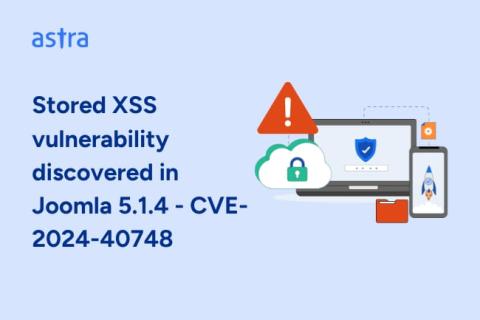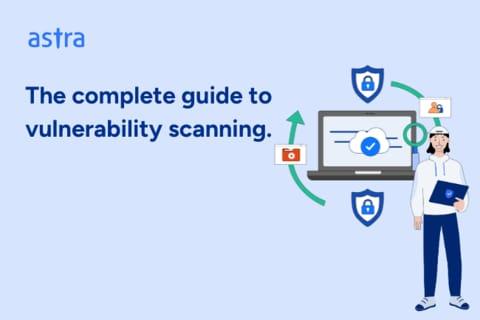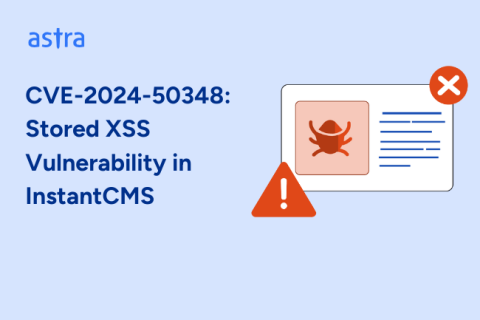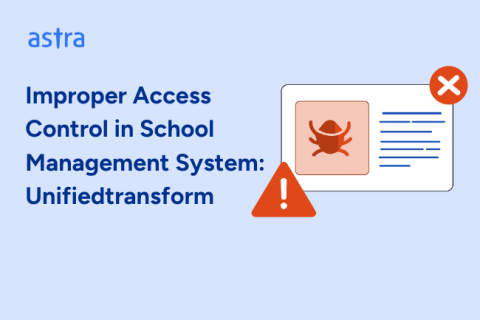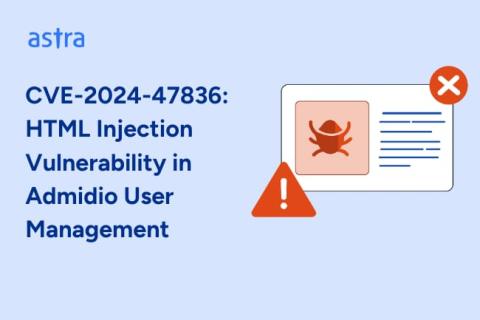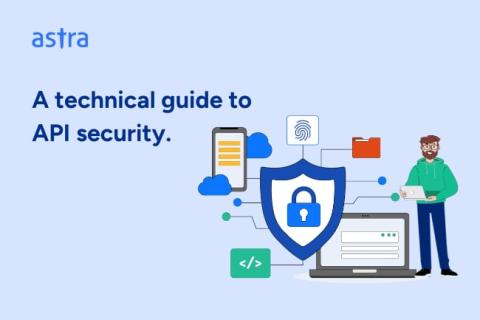Winter 2024 Product Release Notes: What's New at Astra Security
Every second, organizations face an evolving battlefield in cybersecurity. APIs and cloud environments—the backbone of modern businesses—are prime targets for attackers exploiting overlooked vulnerabilities. A single breach can now cost organizations an average of $4.88 million. For businesses, this means heightened risks across critical systems, compounded by the struggle to identify vulnerabilities quickly enough.



